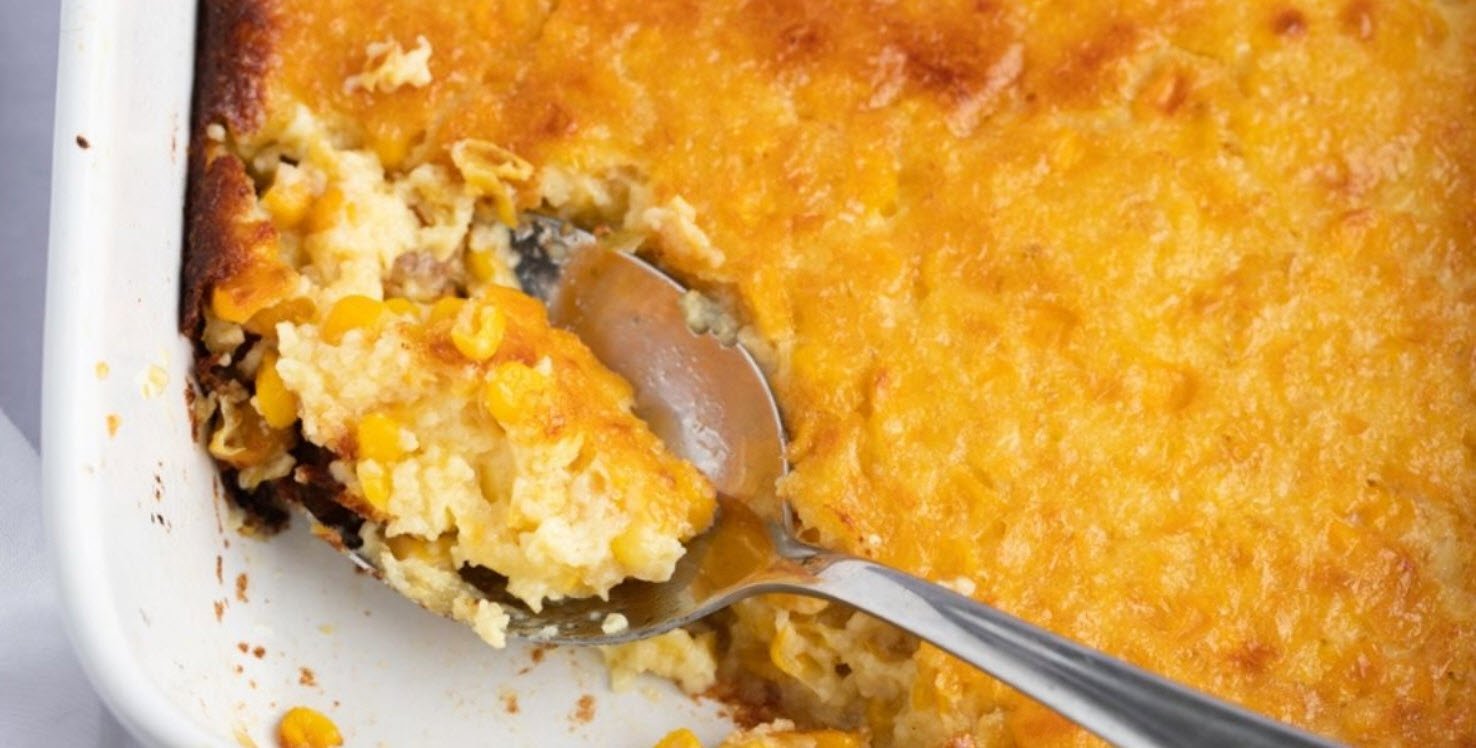
Vegetables, as well as animal foods, contain nitrogenous substances. Fats are well represented, and while they resemble in chemical composition the animal fats, the fact remains that they produce less heat on combustion.
They contain more olein and less of the solid components. To the vegetable kingdom we look for our carbohydrates, sugars and starches—both difficult materials to cook well. The remaining constituents, mineral salts, have great dietetic importance; they are easily dissolved and lost in cooking. Potash in green vegetables is more abundant than soda; rice, however contains a liberal allowance of the latter. Use salt with green vegetables and potatoes, but not with rice.
Vegetable foods are recommended to persons with gouty diathesis and those inclined to uric acid conditions or rheumatism. Vegetable proteins do not yield uric acid. All vegetables should go over the fire in boiling water. Green vegetables must be cooked in salted water; underground vegetables and those containing starch in unsalted water.
They must boil from the time they go over the fire until they are drained All vegetables containing sulphur, as cabbage, onions and turnips, must be cooked in uncovered saucepans, or they will give off unpleasant odors.
Add butter or fat after they are taken from the fire. All starchy vegetables are rendered difficult of digestion when cooked in heated fat.
- To Cook Rice
- Summer Squaash
- Stuffed Potatoes
- Hashed Brown Potatoes
- Tomatoes, French Fashion
- Stuffed Tomatoes
- Corn Pudding
- Stewed Turnips
- Spinach
1. To Cook Rice
Wash half a pound of rice through several cold waters; drain, and stand it aside for thirty minutes. Sprinkle it slowly in two quarts of rapidly boiling water; boil continuously for fifteen minutes ; drain, pour over a cupful of cold water, toss it with a fork, and stand it in the oven for ten minutes to dry.
Serve in an uncovered dish.
My Favorite Spaghetti
Grasp half a pound of spaghetti in your hand, put the ends down in a kettle of boiling water, and as they soften, slightly press until the whole is under the water. Shake it apart with a fork, add a teaspoonful of salt, and boil rapidly for twenty minutes.
Drain, throw it in cold water for fifteen minutes, and drain again. Return it to the kettle, cover with a pint of good stock to which you have added a teaspoonful of beef extract. Cook slowly for twenty minutes; add a level teaspoonful of salt, two rounding tablespoonfuls of butter, and two tablespoonfuls of tomato paste mixed with half a cupful of good cream.
Stir constantly until it reaches the boiling point. Turn on a large platter, and pass with it grated
parmesan.
2. Summer Squaash
Cut the squash in eighths; take of? the rind and cut each piece into cubes of about one inch. Throw them into boiling, salted water, and cook slowly for thirty minutes until transparent. Drain carefully in a colander, dish, and cover with cream or Hollandaise sauce.
3. Stuffed Potatoes
Wash four large potatoes andcafthem into halves crosswise. With a “scoop” take out the centres, leaving a wall at le^st half an inch thick. Bake these shells in a hot oven for twenty minutes.
Chop sufficient meat to make a pint; add a level teaspoonful of salt, a saltspoonful of pepper, a tablespoonful of grated onion, a tablespoonful of chopped parsley; add sufficient stock to make the mixture moist (about half a cupful). Remove the potatoes from the oven; fill the shells with this mixture, rounding it up; dust them lightly with breadcrumbs and bake until browned.
Serve as a supper or luncheon dish. Sweet potatoes may be used in place of white if preferred.
4. Hashed Brown Potatoes
Hash sufficient cold boiled potatoes to make a pint ; add a level teaspoonful of salt, a saltspoonful of pepper, and about four tablespoonfuls of cream. Put a tablespoonful of butter in a shallow frying-pan; when hot turn in the potatoes; pack them down smooth and even with a spatula ; cook slowly until they are thoroughly browned on the bottom.
Fold them over as you would an omelet, and turn them on a heated dish.

5. Tomatoes, French Fashion
Scald and peel small, solid tomatoes ; to each six allow half a pint of cream sauce made by rubbing together a rounding tablespoonful of butter and one of flour ; add half a pint of milk; stir until boiling.
Take from the fire, add a level teaspoonful of salt and a saltspoonful of pepper. Put a tablespoonful of the sauce in the bottom of a custard-cup; then put in a tomato and cover with another tablespoonful of sauce; dust the top with breadcrumbs; stand the cups in a pan of boiling water, and bake in a moderate oven for half an hour. Serve in the cups.
6. Stuffed Tomatoes
Cut a slice from the stem ends of the tomatoes; scoop out the seeds and a portion of the hard centres. To each six good-sized tomatoes allow a pint of breadcrumbs’, a tablespoonful of chopped parsley, a tablespoonful of grated onion, a level teaspoonful of salt, a saltspoonful of pepper, and two tablespoon fuls of melted butter; mix, stuff this in the tomatoes, heaping it slightly.
Stand them in a baking-pan, add half a cupful of water, and bake in a slow oven for three-quarters of an hour, basting once or twice with a little melted butter.
7. Corn Pudding
Score down the centre of each row of grains of twelve ears of corn, and with a dull knife press out all the pulp. Separate four eggs, beat the yolks; add half a pint of milk; pour this slowly into half a pint of flour; when perfectly smooth strain the mixture into the corn; add a level teaspoonful of salt, a saltspoonful of pepper, and fold in carefully the well-beaten whites.

Pour the mixture in a shallow, greased baking-pan, and bake in a moderate oven for thirty minutes. Serve at once. This is a nice accompaniment to roasted beef.
8. Stewed Turnips
Pare and cut the turnips into dice. Put them in boiling, unsalted water, and cook below the boiling point, about 180° Fahrenheit, until transparent and white. New turnips require about twenty minutes, old ones forty-five minutes. Drain, turn in a heated dish, and cover with cream sauce.
9. Spinach
Wash the spinach through several cold waters; pick the leaves from the roots, shake them until dry. Throw them in a hot kettle, cover with a quart of boiling water, add a level teaspoonful of salt, boil rapidly for five minutes; drain.
Put the spinach back in the kettle, cover, and steam gently for fifteen minutes longer. Drain, press slightly, and chop very fine; then press the whole through a colander, in a granite or porcelain saucepan. To each peck of spinach add two tablespoonfuls of butter, a level teaspoonful of salt, two tablespoonfuls of good stock, a tablespoonful of cream, and a dash of pepper ; stir carefully until very hot. Pack the mixture in a heated bowl to mould, and turn it on a round dish.
Have ready cut in eighths some hard-boiled eggs; arrange these on top of the spinach, garnish the dish with triangular pieces of buttered toast, and send at once to the table. Cook kale in precisely the same manner.








